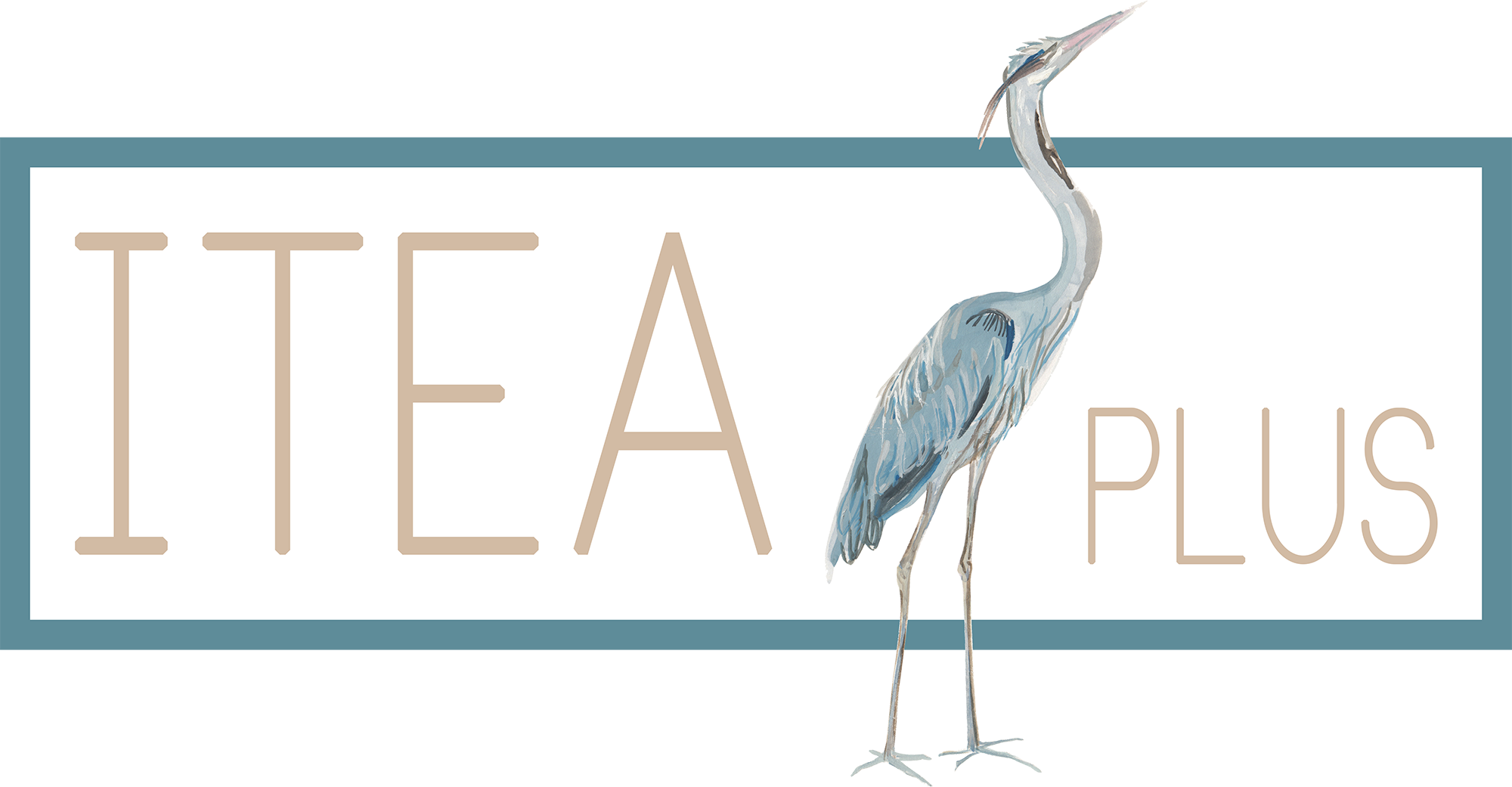Welcome to ITEAplus, the Individualized Training and Education in Acupressure.
Research History10,11
Here is the interesting history undertaken by the CAIRR Neuroscience Laboratory at the University of Colorado Boulder about this ancient healing art.
Since 2002, the CAIRR Neuroscience Laboratory in The Psychology and Neuroscience Department at the University of Colorado Boulder has conducted a series of clinical research studies about the efficacy of acupressure for stress, cardiovascular function in stroke survivors, and mild traumatic brain injury in both civilian and veteran populations. From these, not only has a body of work emerged, but also a manualized version of training and education in acupressure1 which provides the foundation of the ITEAplus web-based platform you see here today.
The findings in the placebo-controlled clinical trial for stroke indicated that the acupressure enhanced the relaxation response, and tended to increase the skin surface temperature in the paralyzed forearm. These findings suggest that the treatment has a regulating effect on certain autonomic nervous system functions. In addition, reports from the stroke participants’ journals showed a tendency towards a greater amount of time spent in physical activity per week.
The placebo controlled clinical trial in adults following traumatic brain injury showed that the acupressure improved working memory and attention which is important for learning, reasoning and comprehension. The treatments also enhanced the efficiency of the brain’s cognitive functioning, which, translated into lay language, can mean that the brain needed fewer resources to get the mental job done, so to speak.
An enhanced relaxation response in both of these populations is meaningful since stress resiliency is an important psychological factor supporting recovery in both of these groups.
Over the years the lab optimized the research design from one study to the next. The legacy that developed from these improvements was a step by step methodology for designing clinical studies with greater power, experimental rigor and reliable results. This strategy can now be applied to not only future acupressure studies but to other alternative medicine modalities as well. The evidence from these studies can, then, help further the legitimacy and inclusion of these alternative treatments in future healthcare.
